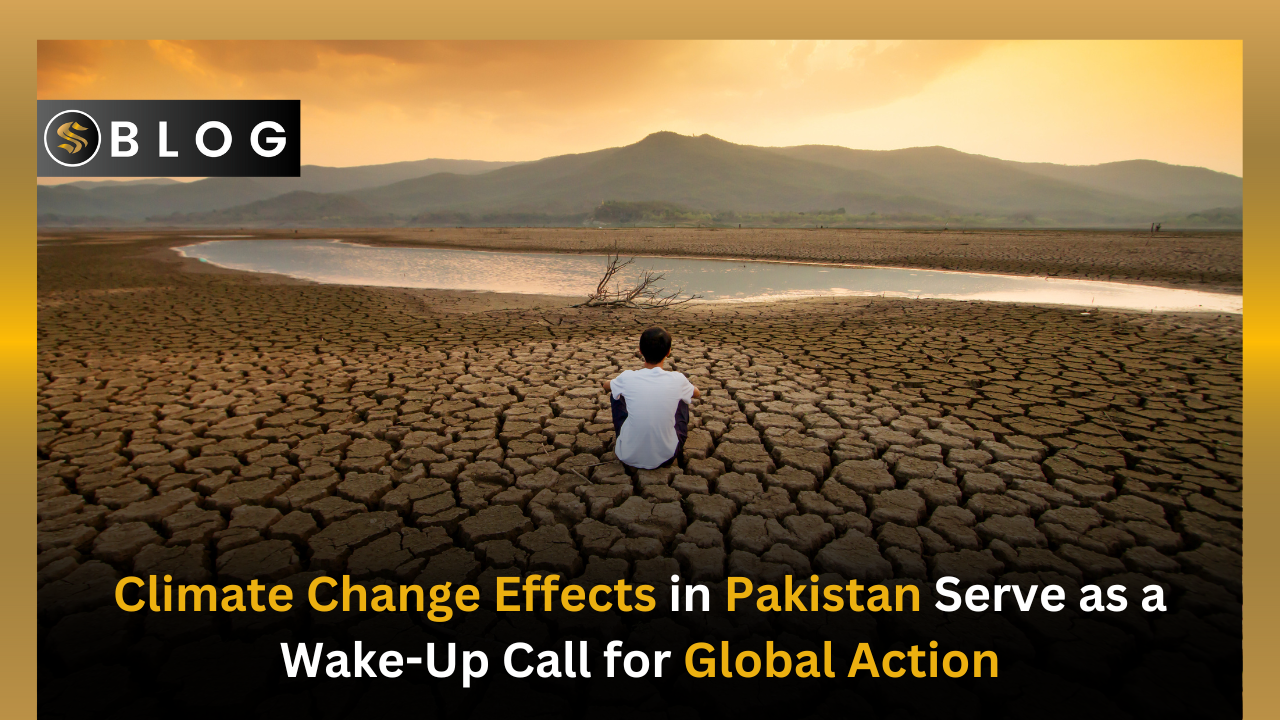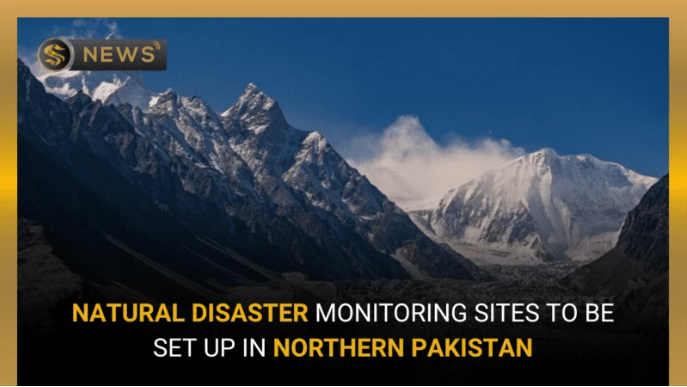
Share This Story, Choose Your Platform!
Unveiling Pakistan’s Climate Woes – A Call for Global Responsibility
Pakistan, a country already grappling with myriad socio-economic challenges, finds itself on the front lines of the climate emergency. Devastating floods and other weather-related events have left communities displaced, without basic necessities, and struggling to recover. Despite pledges and commitments from international partners, financial resources for reconstruction and rehabilitation have fallen short. As climate change intensifies, the situation is expected to worsen, necessitating immediate action. This blog post delves into the alarming impacts of climate change in Pakistan, explores the need for global responsibility, and proposes potential solutions to combat this crisis.
The Dire Consequences of Climate Change
Humanitarian Crisis
Flood-hit communities in Pakistan continue to suffer without adequate shelter, food, medicines, and employment opportunities. The slow recovery pace from previous disasters and the looming threat of record-breaking monsoons this summer pose significant challenges.
Insufficient Financial Aid
Despite estimates by the World Bank that Pakistan requires $16.3 billion for reconstruction and rehabilitation, the country has only received a fraction of that amount. Pledges made at international conferences and initiatives have not materialized into substantial funds, leaving the nation strapped for resources.
You May Also Read
From Peaks To People: Monitoring Natural Disasters For Safety In Northern Pakistan
Disproportionate Climate Impact
Pakistan, responsible for less than one percent of global greenhouse gas emissions, faces an outsized burden due to man-made climate change. The vulnerability index consistently ranks Pakistan among the top 10 countries most susceptible to climate risks.
Economic Losses
Weather- and climate-related disasters have affected over 75 million Pakistanis in the past 30 years, with annual economic losses amounting to approximately $1 billion. These estimates fail to capture the full extent of damage to biodiversity, ecosystems, and other crucial elements affected by changing weather patterns.
Global Responsibility and the Need for Solutions
Reparations and Mitigation Funding
Developing countries like Pakistan, which have contributed the least to climate change, are seeking reparations from rich nations for climate-induced damages. Financial support is essential for mitigation and adaptation measures, including the cancellation of significant debts to free resources for climate-resilient infrastructure.
Fulfillment of Commitments
Developed economies, responsible for the majority of cumulative greenhouse gas emissions, must honor their long-standing pledge to provide $100 billion annually to developing nations. This funding should support the transition away from fossil fuels and aid in adapting to climate change.
Rethinking Financial Architecture
The current multilateral financing model for climate mitigation and adaptation often comes with restrictive conditions and benefits foreign entities. Developing nations like Pakistan should have more agency in selecting projects that align with their unique climate challenges.
China’s Role and Potential Solutions
China’s Leadership
China has demonstrated its commitment to green development by leading the global energy transition and investing significantly in renewable energy initiatives. Its status as a developing nation allows China to relate to the challenges other developing economies face and formulate effective plans for combating climate change.
Sino-Pak Collaboration
Under the China-Pakistan Economic Corridor initiative, China and Pakistan have agreed to enhance cooperation in various sectors, including ecosystem restoration, water resource management, and green development. This collaboration can offer feasible solutions tailored to Pakistan’s specific needs.
Green Energy Initiatives
Chinese companies can play a crucial role in Pakistan’s green, low-carbon, and environmentally friendly development. Their participation in solar energy initiatives, such as Prime Minister Shehbaz Sharif’s 10,000-megawatt solar energy initiative, can significantly combat the climate crisis while driving economic growth.
Solutions to Combat the Climate Crisis in Pakistan
Adequate and Transparent Funding
Developed nations must fulfill their commitment of $100 billion per year to support developing countries in fighting climate change, transitioning away from fossil fuels, and building climate-resilient infrastructure.
Fair Debt Cancellation
Excessive debt burdens must be alleviated to free up resources for climate adaptation and mitigation measures.
Technology Transfer and Capacity Building
Developed countries should support technology transfer and capacity building, enabling developing nations to combat climate change and promote sustainable development effectively.
Collaboration and Knowledge Sharing
International cooperation is crucial in sharing best practices, knowledge, and expertise to address climate-related challenges. Collaborative efforts between countries, multilateral organizations, and research institutions can lead to innovative solutions.
Local Engagement and Empowerment
Involving local communities in decision-making processes, implementing sustainable practices at the grassroots level, and promoting climate-resilient livelihoods can enhance adaptive capacity and empower vulnerable populations.
Bottom Line
Pakistan’s vulnerability to climate change is intensifying, as evidenced by the devastating impacts of recurrent floods and other weather-related events. Urgent action is needed to address the immediate humanitarian crisis, secure adequate financial resources, and hold developed nations accountable for their historical emissions. Reparations, financial support for mitigation and adaptation, and debt relief are critical for climate-resilient infrastructure. Additionally, collaboration with China and adopting green energy initiatives can provide viable solutions for Pakistan’s sustainable development. It is time for the world to recognize and prioritize the climate crisis faced by countries like Pakistan and act swiftly to combat its devastating consequences.
At Sapphire Builders and Associates, we believe that the well-being of our clients extends beyond the boundaries of our real estate projects. While our projects, including Opal Mall and Luxury Suites, Omega Mall, and Oak Vista Luxury Service Apartments, aim to provide quality infrastructure and investment opportunities, we are acutely aware of the larger context in which we operate. We are committed to supporting affected communities and incorporating environmentally friendly practices in our projects. We also urge other stakeholders in the real estate industry to prioritize climate resilience and join this cause. Together, we aim to make a difference through innovative solutions, policy advocacy, and support for vulnerable communities.




